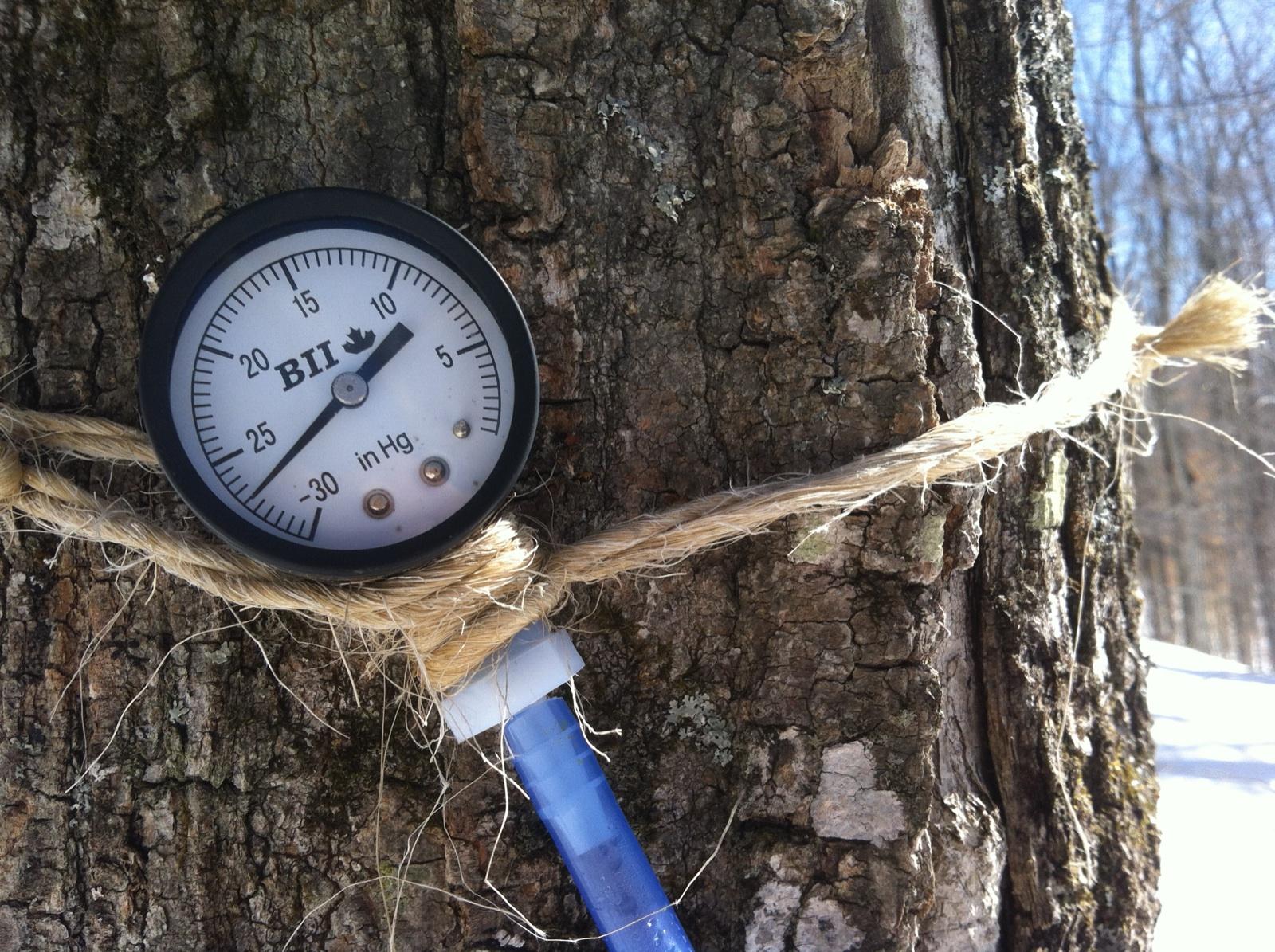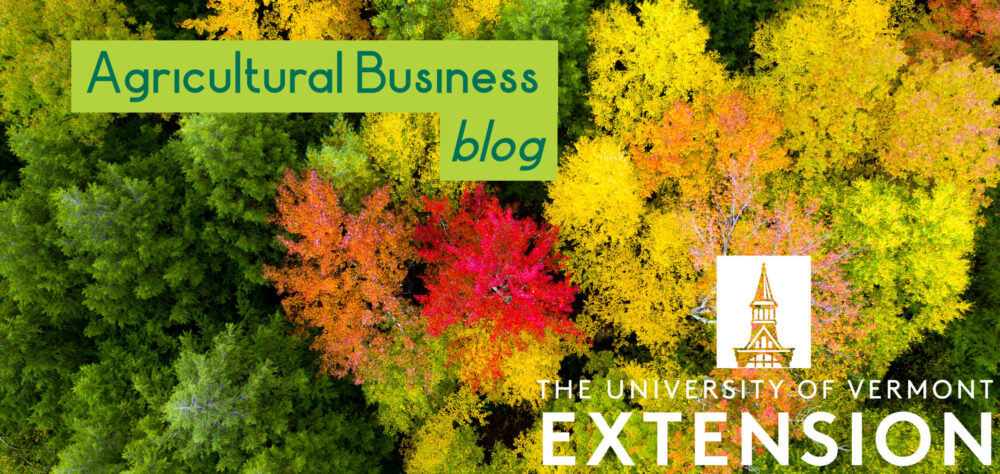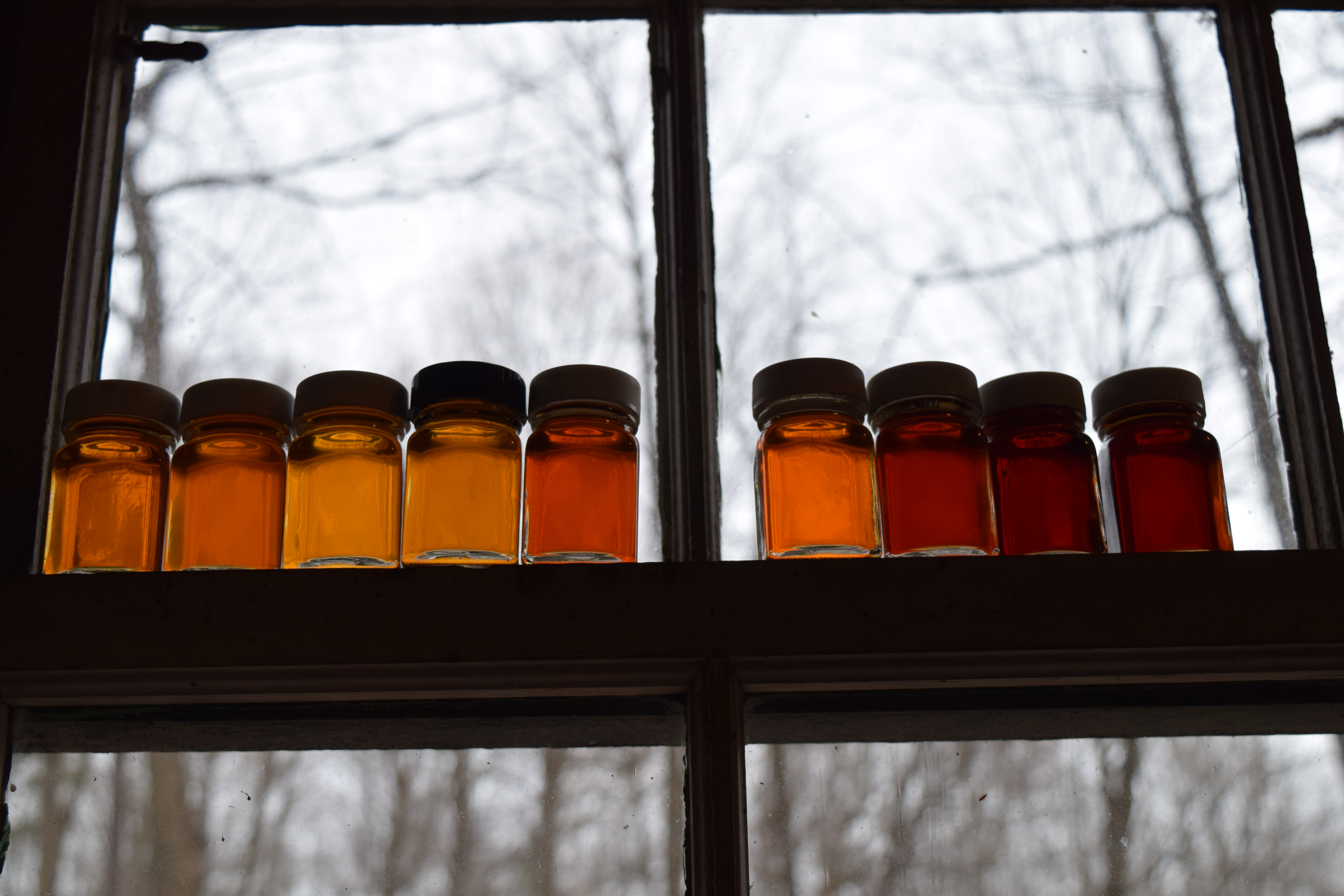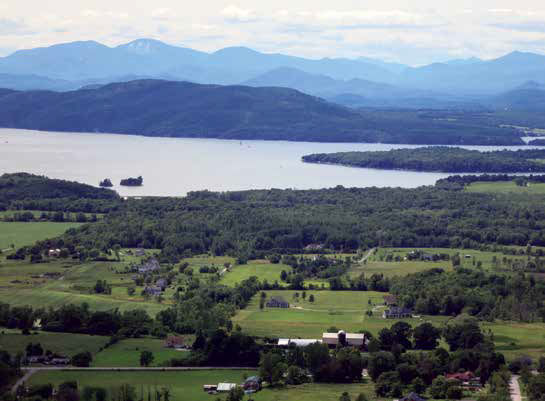What do Fortune 500 investors, folklorists, family farmers and Harvard Business School all have in common?

All these people were at winter maple conferences and investigating ways to get in on the maple industry expansion. UVM Ag Business was able to attend maple conferences in NY and VT to witness the blend of old-school sugaring and new industry innovations. Here is a quick recap.
Representatives from Butternut Mountain Farm, Bascom Maple Farms and Leader Evaporator Co. provided data and insights on maple supply, demand and pricing in the US and overseas. Consumers are making a shift towards “healthy” sweeteners. Maple syrup is a pure product with a very short processing chain that appeals to customers seeking pure and natural products. That being said, the industry is aware they are selling sugar and they don’t want to overstate health claims to promote maple. The panel estimated that global maple sales are split like this: 25% farm gate sales , 50% mass markets wholesale and grocery and 25% to manufacturing (sugar, cream, food product flavoring). Now with bulk maple prices hovering at $2.10-$2.20 per pound (down from almost $3.00 6 years ago) they predict an increase in the manufacturing portion of demand as maple becomes a more affordable ingredient for mass produced foods. We are seeing that, new maple products and more products with added maple for flavoring. There is tremendous product innovation at all levels, big and small: maple sap beverages, infused syrups and sports recovery products
Is there still a place for table syrup? Everyone think’s so. Even with increasing global sales they cite the room for growth in domestic consumption in the US. Canadians consume ~ 1 quart of pure maple each year while Americans only consume 4 ounces. Promotional goals will work to increase consumption for those that already love pure maple.
Michael Lange, Associate Professor at Champlain College, delivered a keynote address blending folklore, storytelling and graphic design themes for maple producing regions in Vermont and beyond. After completing hundreds of interviews with maple producers he explained that the “Vermont” maple experience is something truly unique to our state. It blends a combination of nostalgia, cuisine, hobby and commercial economic impact in our state. He continued with the practical aspects of maple marketing and explained how storytelling through product promotion and branding is perceived differently outside maple producing regions. People in urban areas and other countries are attracted to different element of the maple story. Take the time to know your audience and don’t assume they care about the same things we do in VT.
- Finances and Business Management
Mary Peabody, UVM Extension, explained current direct market trends and how to target the right customer. Increased demand for ethnic foods highlight expansion of spicy flavors in USA food products, and spicy flavors are often best complimented with sweet flavors (hint….Maple).
Yankee Farm Credit discussed how sugar bush real estate is appraised.
Business investors from other industries are attending sessions as they explore investing in new maple ventures. Even academics from other business schools are taking notice of maple. All the topics are there to entice a business student: a strategic reserve and quota system, free expansion in the US, technology innovations, risk and profit potential.
Producers are watching their finances! Declining bulk markets have producers nervous about short term cash flow. Many producers continue to get organic certification and enjoy the $0.15 – $0.20 premium, it helps! Find more on maple finances at our Maple Benchmark webpage.




